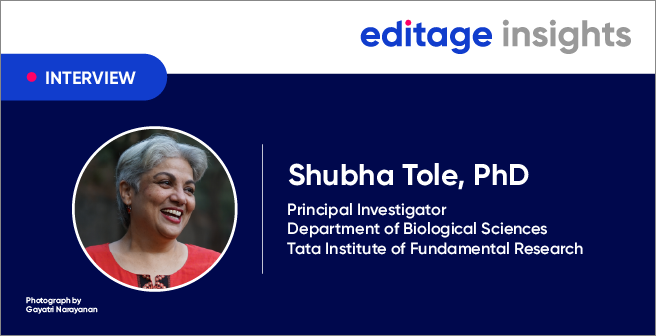I finally got my PhD! Now what?

I did it. I buffed my writing and pipetting calluses. I landed a postdoctoral fellowship from a surprisingly prestigious lab. I defended my dissertation. I moved to “New-Job City.” Now what?
There once was a girl who lived for scientific observation and inquiry, and devoured the history of science and the scholars who built the foundations of modern biology and medicine. She crafted from piles of biographies the ideal career path, to be able to do what these almost mythical icons had done – Ramon y Cajal, Curie, Levi-Montalchini, Franklin. My shy and introverted soul wanted to spend her days at a lab bench and a microscope. Discovering new things about the physiological landscape through observation and methodical inquiry. Asking the big questions, and making the keenest observations that would contribute to the understanding of our world. I thought this meant that I wanted to be a primary investigator (PI).
Nostalgically and fantastically motivated, a slightly older dreamer traversed her predoctoral training, hardly straying from the pursuit of an academic research position. The path and its benchmarks were clear. Even in the most tumultuous year of candidacy, enough mentors had told me I COULD do this, that it enforced the belief that I MUST. For myself, for women in STEM, and to impress my future children. I must become a PI. Even as the rest of my cohort prepared for careers in teaching and biotechnology, I stood my ground, feeling strongly that I neither could nor should do anything else.
There were several periods during my PhD, where things did not sit right with my original personal or professional goals, but I usually acknowledged them only as expressions of stress and anxiety. I learned that fully embodying the spirit of my scientist icons in a modern landscape meant an entirely different kind of regulation, financial restriction, productivity, and politics. As an avid sponge of historical science, I knew that these types of challenges were similar at face value. Scientists have always needed to publish their work and receive funding to see it continue. But science is a vastly evolved creature from 15 years ago, let alone a century. These two basic requirements in modern scientific research are much more competitive, complex, and convoluted than they once were. To be adept at either one requires a different set of skills.
A solid neurobiological experiment, for instance, can hardly be conducted in one’s kitchen anymore. Today, in order for a publication to reach a substantial audience [in my field], publications almost always include multiple extensive experiments repeated several times with overwhelmingly high statistical power, and at least one highly advanced technology. The kitchen is almost guaranteed to be useless.
At first, I wanted to be a PI because I thought that is what it would take for me to access the resources necessary to produce valuable scientific contributions. A flawed premise, and at odds with my appreciation for what it means to be a scientist. I knew — and spoke openly about — the evolution of scientific inquiry, the rising influence of research institute teams, and the profound talents of the numerous staff scientists who otherwise receive little to no credit for their contributions. In spite of the regard with which I held others in my field, I maintained that my PERSONAL value could only come from a senior academic title. That because I “COULD” do this, I MUST. That despite some hard times and poor luck during my predoctorate, I was born for it. That I would continue to enjoy writing research manuscripts. That I wouldn’t mind perpetual grant writing. That I would develop the time-honored thick skin necessary to respond positively to rejection. These were my mantras through graduate school. But upon receiving my PhD, I feel a rush of freedom to question all my motivations.
- My pipetting and mental calluses could use a break.
- Although I enjoy writing manuscripts, I loathe editing and reformatting them.
- I do not mind grant writing, but patience for it waned substantially toward the end of my degree.
Experience has not left me thick-skinned, but for now, annoyed and easily exhausted.
On the other side of my degree, I have achieved a level of self-appreciation and confidence that allows a more honest reflection on my career dreams. One does not need to be a PI to support and represent women in STEM. My future children will have plenty to be impressed with. I very well COULD tire of this phase and once again work passionately toward professorship, but I no longer feel that I MUST.
Now what? The dreamer begins her postdoctoral fellowship a month from now. She intends to use this new beginning to examine all of the personal and career possibilities that she ignored or did not bother to explore as a predoctorate. For the first time, she does not clearly see what the next step should be. And that is both terrifying and exulting.
This story was published on August 22, 2016, on the blog, ‘A Portrait of the Scientist as a Young Woman‘ (available here) and has been republished here with permission.




